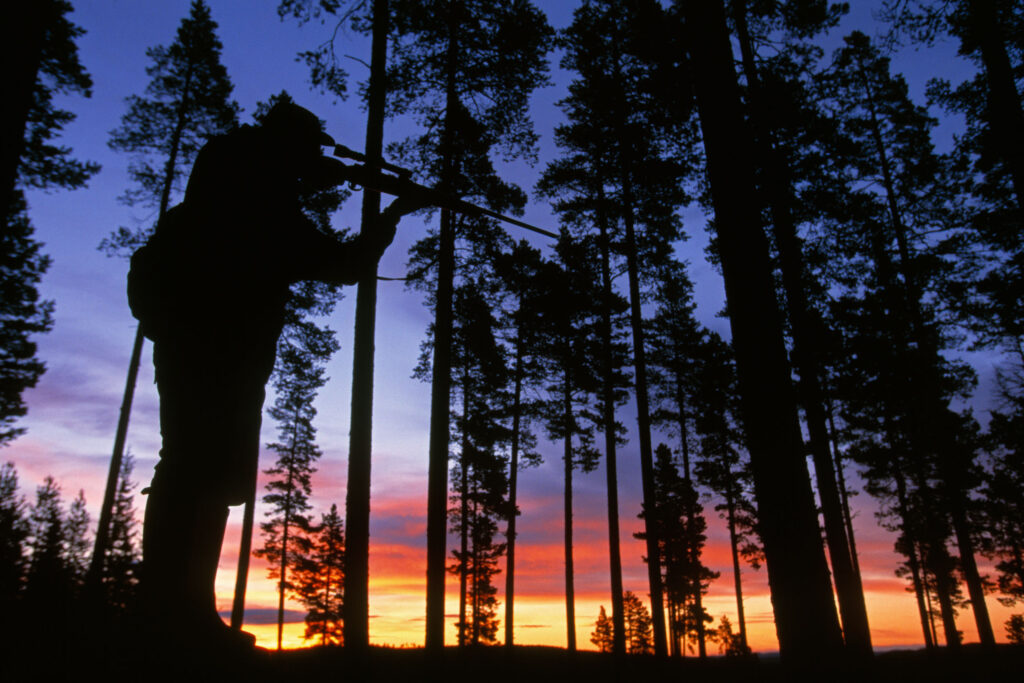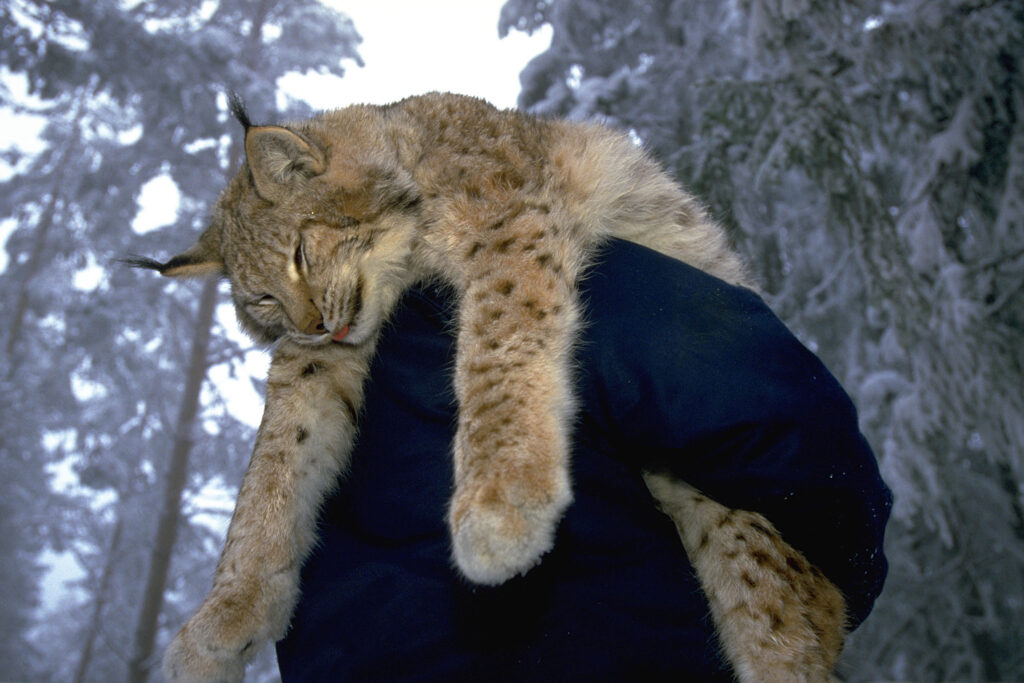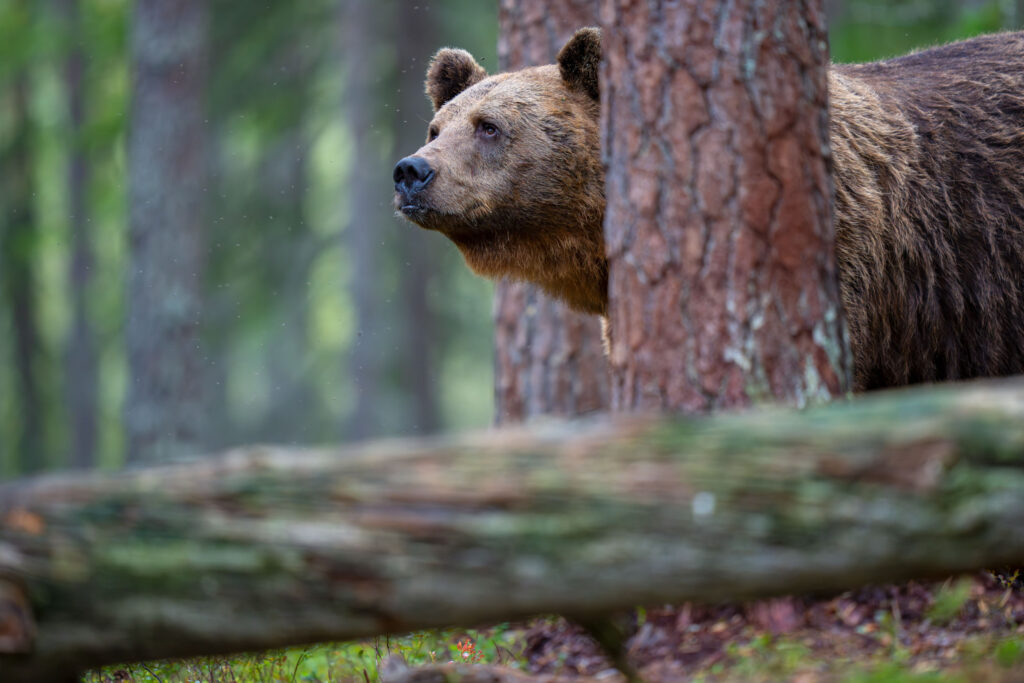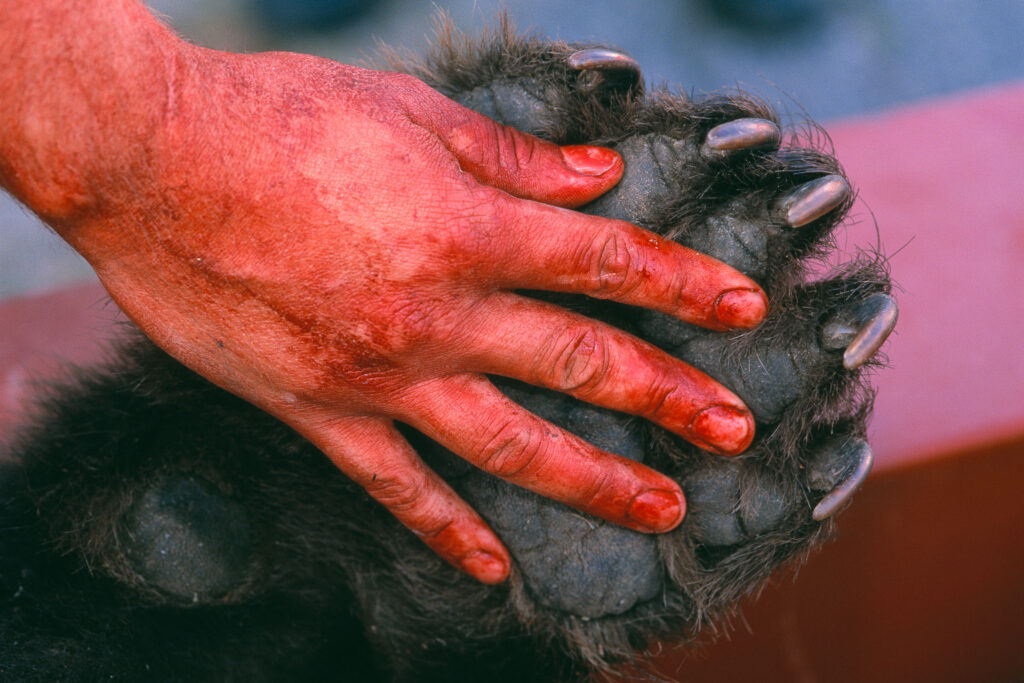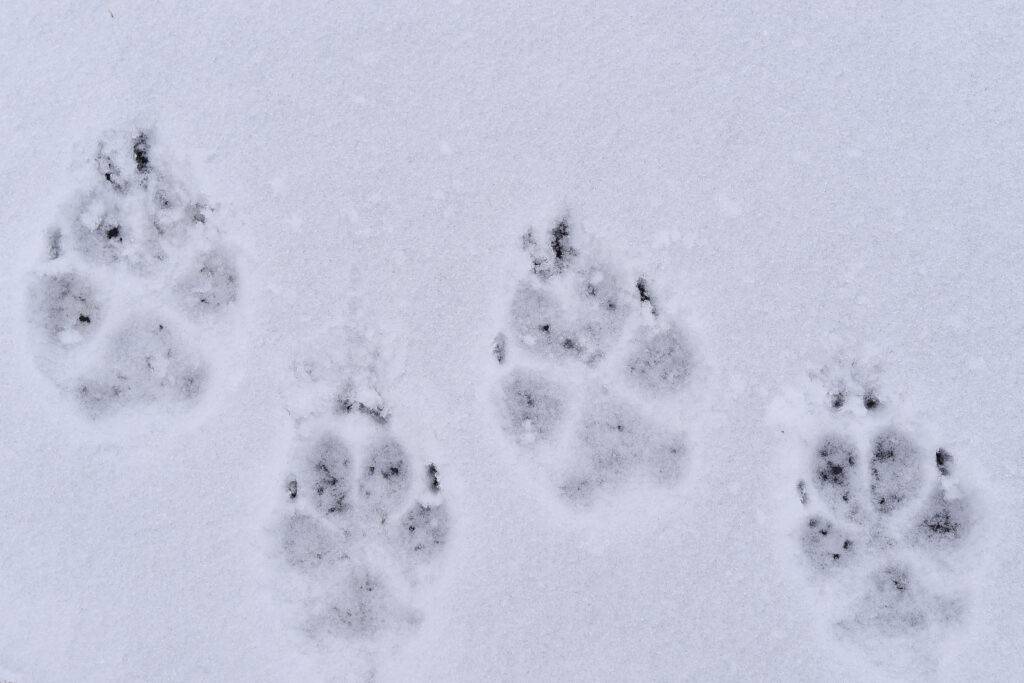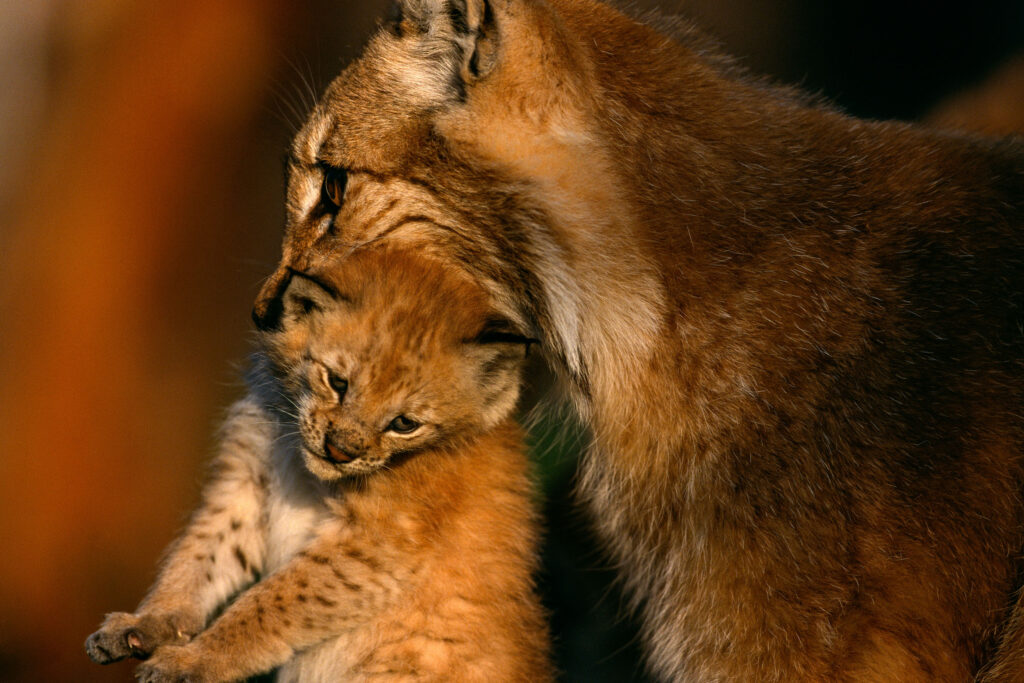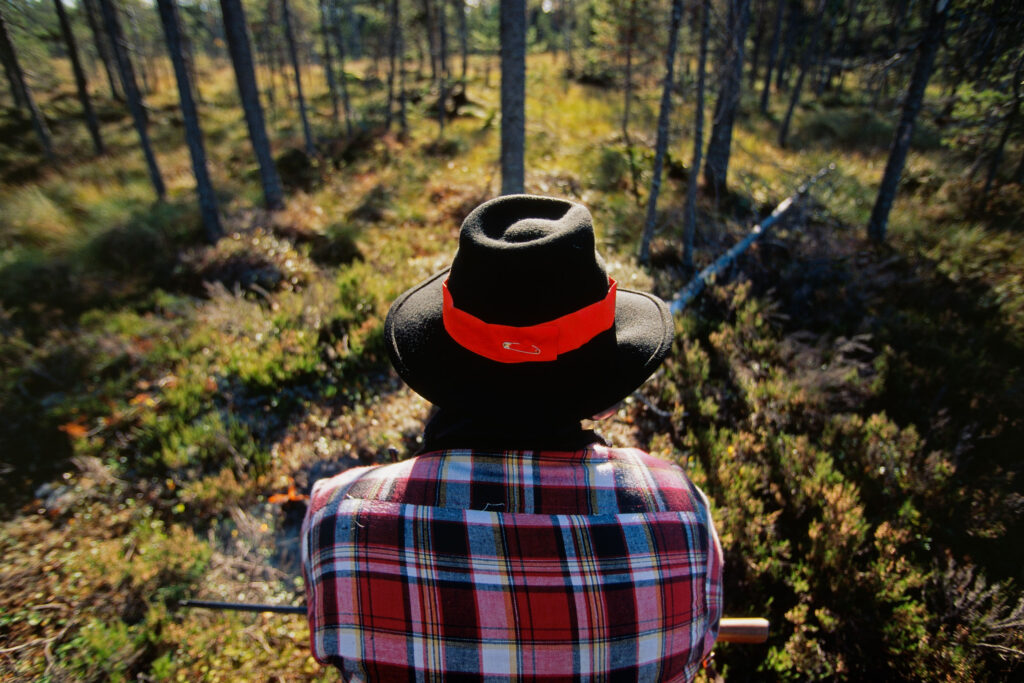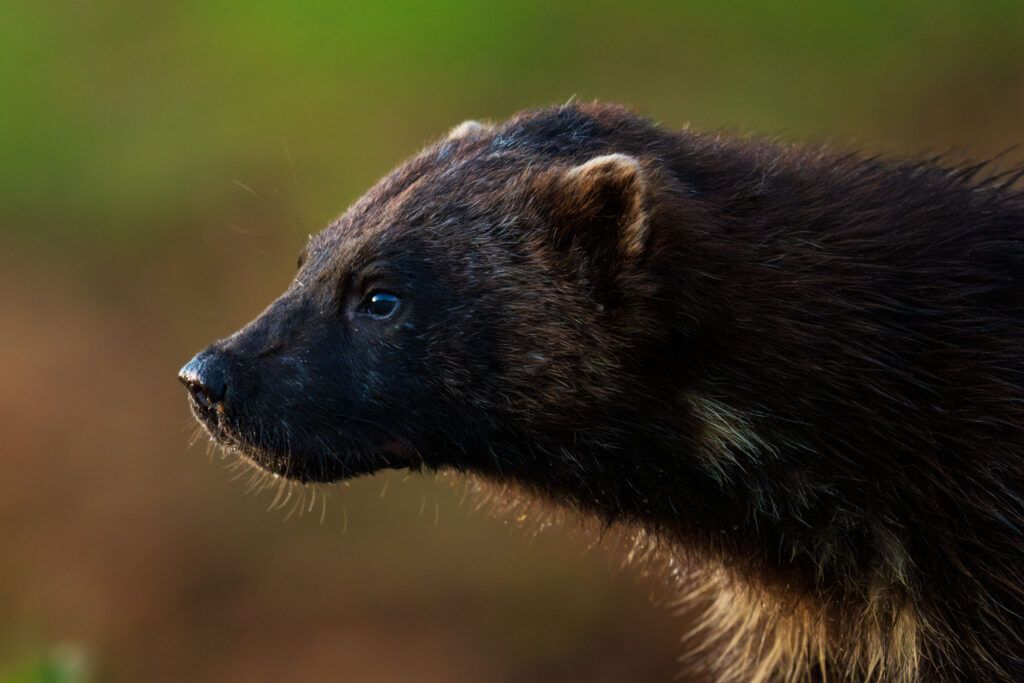Sweden, Europe’s environmental bad boy?
It took Sweden’s carnivores almost a hundred years to come back from the brink. The country is now rapidly backtracking on its environmental record, drastically bringing down the numbers of its large carnivores. EU countries such as Finland, Slovakia, Czechia, Greece, and Austria seem to want to follow suit, referring to “if Sweden can, why can’t we?” Sweden is now putting pressure on the EU Commission to change its wildlife policies. This may spell disaster for Europe’s wildlife and biodiversity.
Why is the fate of Sweden’s carnivores relevant to Europe?
Within the EU, Sweden has over the years officially held a high profile as a green and environmentally friendly nation, working for “sustainable development”, at home and widely abroad. Justified or not, many Europeans have seen Sweden as a “good guy” and role model in this field.
Sweden was early in trying to bring back at least a small share of its carnivores, from the very brink of extinction. Their numbers were still moderate, but almost reaching, or in some case even reaching the minimum numbers of the estimated lowest long term viable population size, the so-called Favourable Conservation Status. This is what the official statistics have been showing. A bit of a wildlife comeback success story, taking 50 years or more to accomplish. A source of inspiration for several other countries.
But as Bob Dylan once wrote, Times they are a-changin’. Now, Swedish government policy has shifted direction, 180 degrees, and aims to bring down the numbers of carnivores to their absolute minimum levels, or further.
From good guy to bad boy?
Is Sweden now downgrading itself to “bad boy” status, from previously having been seen as a responsible nation? The government seems to have taken a leading role in an anti-predator-campaign across the EU. It is already instrumental in supporting the attempts from the EU Commission to downgrade the wolf’s status from Strictly protected to the lower level Protected. Which then opens up for a heavier hunting pressure.
The Swedish government’s next step, in alliance with Finland, is a recent proposal that the European Commission should downgrade EU protection status also for the lynx and the bear. From Strictly protected to only Protected. Austria, the Czech Republic, Greece, Italy, Latvia, Romania, and Slovakia seem to line up and support this.
Swedish minister inflates the fear factor
Sweden’s Minister of Rural Affairs, Peter Kullengren, states to DN (Dagens Nyheter, 30 Jan 2024): “Licensed hunting of lynx is carried out to regulate their population size. This is, among other reasons, about preventing damage to livestock, and to keep people safe.”
Facts about lynx in Sweden
Population-regulating hunting of lynx, wolf or bear is not allowed in the EU, following their status as Strictly protected species. In 2022 there were 75 lynx attacks and 3 bear attacks on livestock (mainly sheep) registered in Sweden, on its 342,000 sheep (counted after the slaughter of 230,000 sheep and lambs). Still, at least 218 lynx and 722 bears were shot legally.
What about people’s safety and the wolf and the bear?
No person in Sweden has been attacked by a wild lynx. No Swede has been trustworthily documented as attacked by a wild wolf since 1821, and that wolf had been raised in captivity and later foolishly let out. Over the last 100 years, two people have been killed in bear accidents in Sweden (2004 and 2007), both in connection with hunting and gun dogs. Just for perspective, during the same time span, in Sweden, 1 to 4 people per year were killed in shooting accidents during hunting, and over 100 humans per year were murdered by other humans.
Minister Kullengren, reported to the constitutional committee
Rebecka Le Moine, from Sweden’s Green party (Miljöpartiet) recently reported the government’s Minister of Rural affairs to the country’s Constitutional Committee – for his ambitions to propose to downgrade the EU protection status also of the lynx and the bear. Which was not brought up in the Parliamentary EU Committee, as it should have been.
Sweden’s government is today clearing the way for intolerance and predator persecution. There seems to a preference to killing, instead of preventive measures, and instead of seeing the positive role carnivores play in nature as well neglecting the opportunities that carnivores bring for business, work opportunities, and income from tourism.
Links
- Sweden’s government taken to the Constitutional Committee – downgrading the protection of lynx and bears in the EU (Dagens Nyheter 2024, Swedish)
- EU Commission proposes to change the international status of wolves from ‘Strictly protected' to ‘Protected' (EU Commission, 2023)
- EU Commission proposes to downgrade the protection status of the wolf under the Bern Convention (European Environmental Bureau, EEB, 2023)
- Questions and answers on the EU changing the protection status of the wolf
- Sweden’s ‘nature friendly’ reputation is being shot to pieces
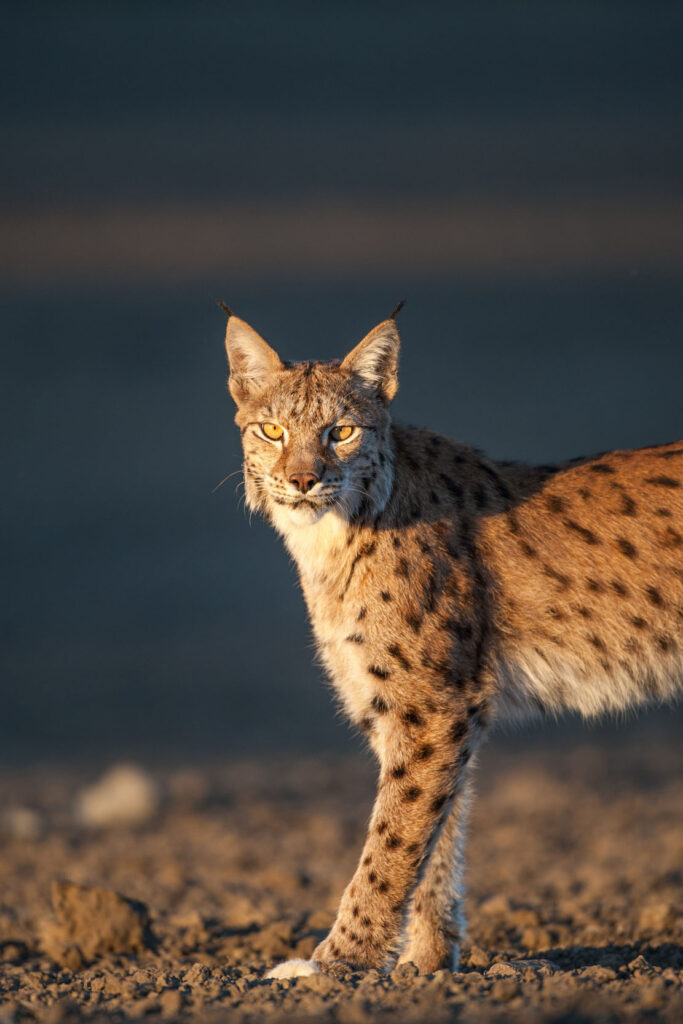
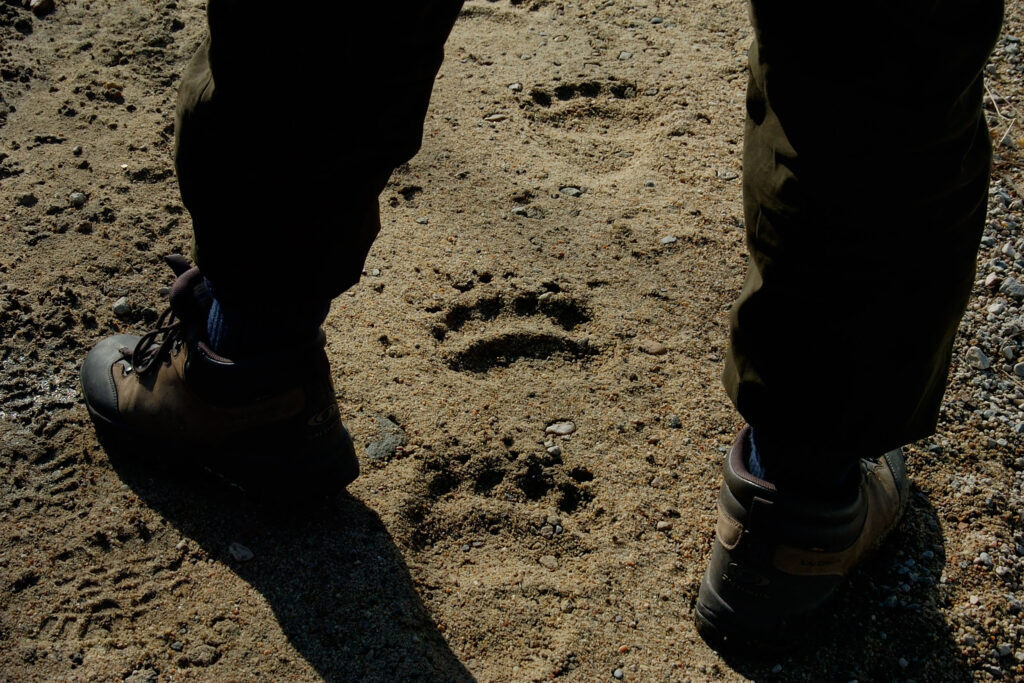
Image credits
From the top: 1 Staffan Widstrand, 2 Rolf Nyström, 3 Staffan Widstrand
